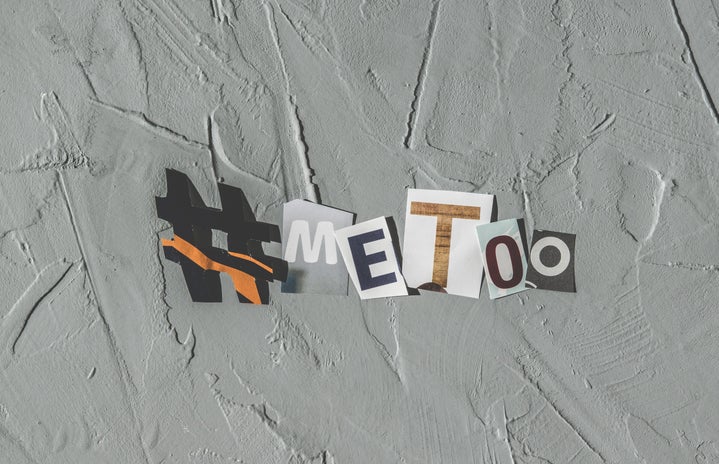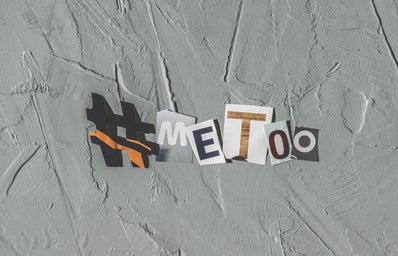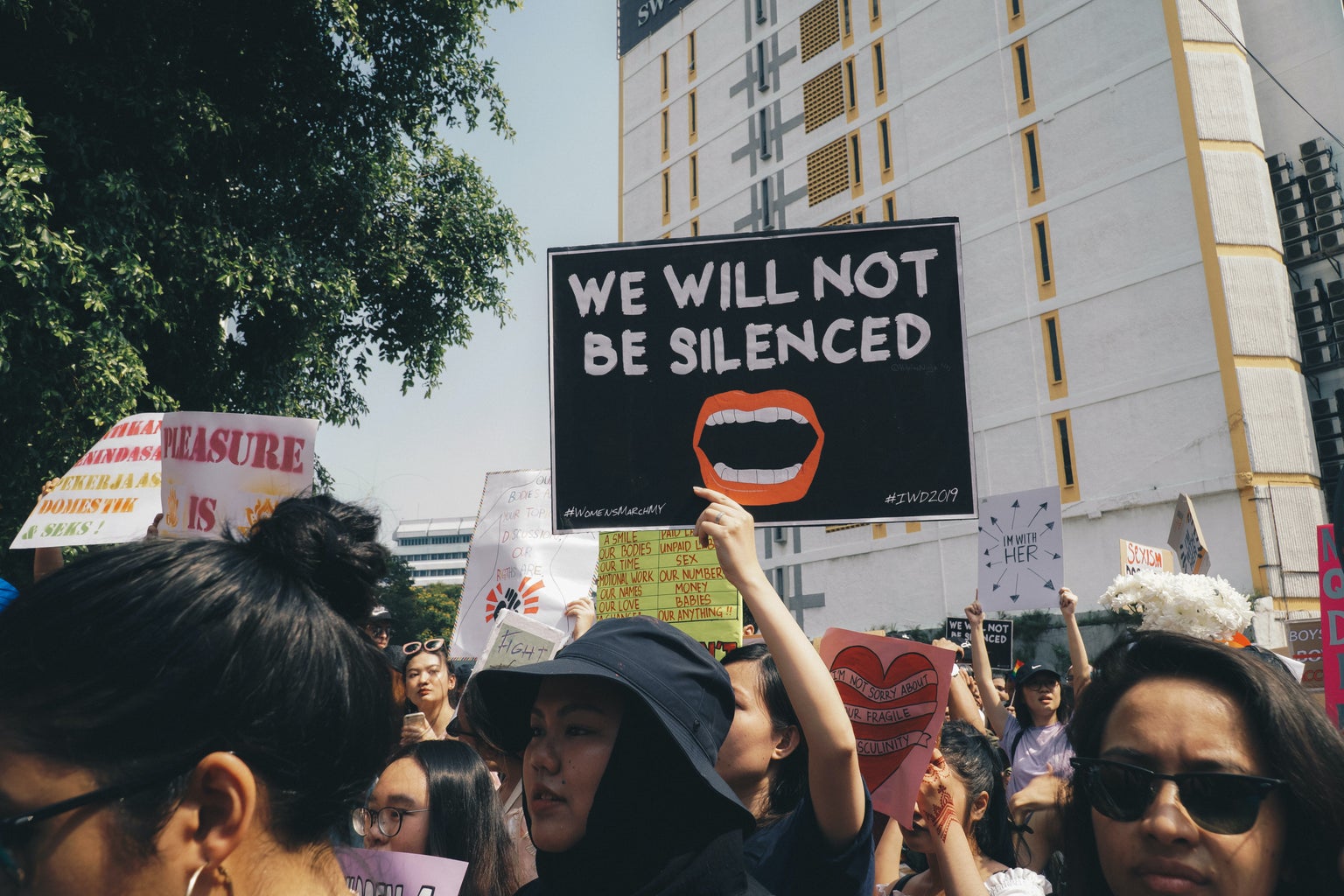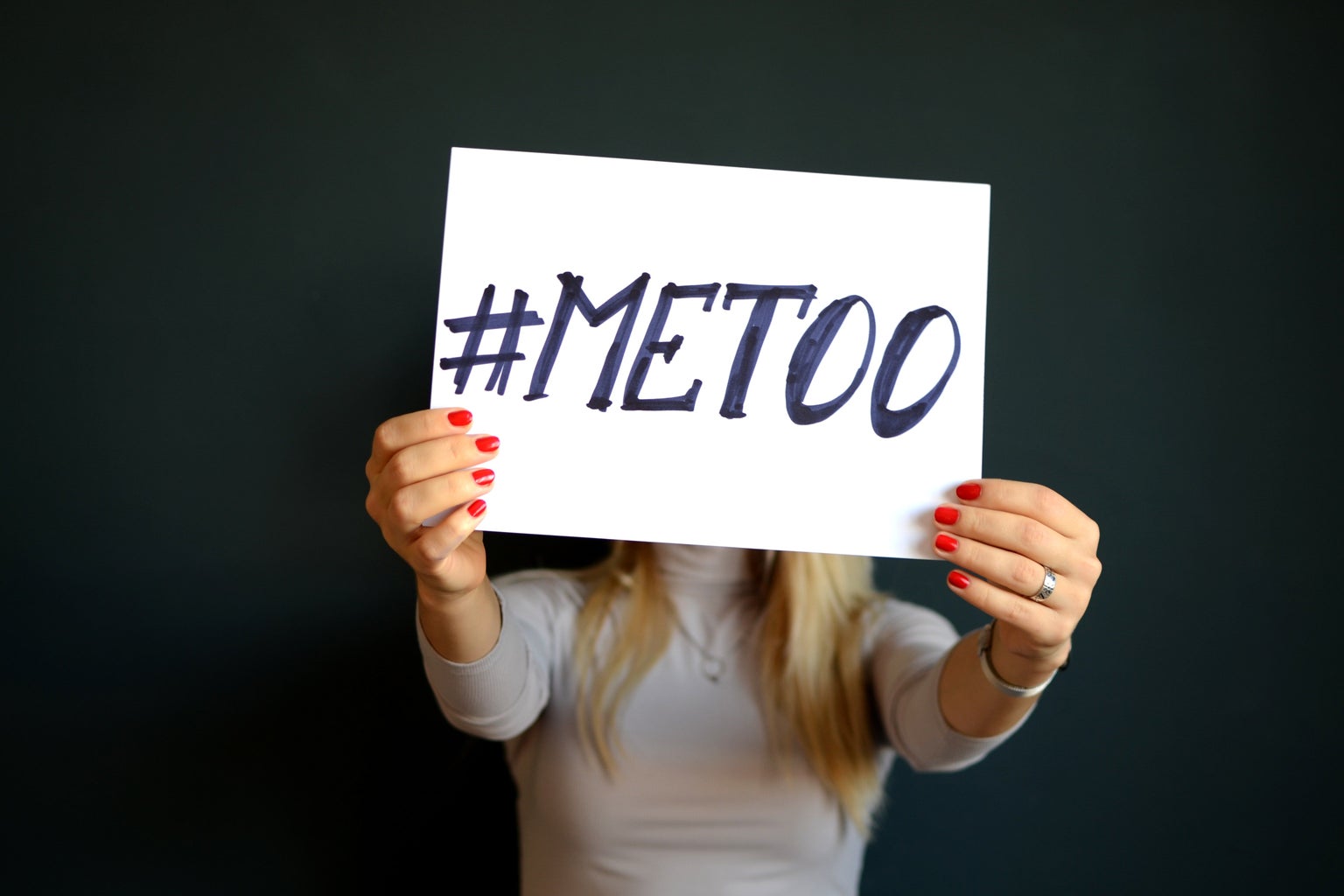If you are considering entering the journalism field, or you are just interested in the power of investigative reporting, “She Said” should be at the top of your watch list. Warning: spoilers ahead.
The plot
“She Said” is a film about two New York Times journalists, Megan Twohey (played by Carey Mulligan) and Jodi Kantor (played by Zoe Kazan), who uncovered the multitude of sexual harassment cases covered up by Harvey Weinstein. The movie which hit theaters on Nov. 18 and was directed by Maria Schrader was inspired by the 2019 book of the same title by Twohey and Kantor and the process that went into investigating Weinstein and writing their 2017 article “Harvey Weinstein Paid Off Sexual Harassment Accusers for Decades.” The movie showed how the article that was a main contributing factor to the start of the #MeToo movement was created.
speaking on the record
One of the most important things this movie emphasizes is the significance of getting their sources to speak on the record. This struggle between wanting their story to be credible and wanting to respect the boundaries of their sources is dealt with throughout the entirety of the film. What starts as an investigation of sexual misconduct in the workplace leads to Twohey and Kantor uncovering the abuse of one of Hollywood’s most well-known producers at the time. This film included the performance of Ashley Judd who played herself as a key source in the case and a real-life victim of Harvey Weinstein’s abuse. Some of the most emotional and impactful moments of the film were when these women, including Judd, called the reporters and agreed to go on the record with their experiences.
multifaceted reporters
This film did not shy away from showing the journalists’ personal lives and struggles at the time of working on this story. As seen in the film, Twohey had just given birth to her first child and was experiencing symptoms of post-partum depression and Kantor also had two children, both trying to juggle their family lives with the extreme work hours this article required. Having to take calls at all hours of the day (and night) and travelling to find sources across the world, the film showed just how much effort went into making this article possible. Not only were they dealing with their hectic schedules, while writing about the trauma other women had experienced with Hollywood executives, the reporters were seen experiencing harassment themselves. While the two were out with their editor, Rebecca Corbett (played by Patricia Clarkson,) at a restaurant Twohey was heckled and verbally harassed by a man making sexual comments. The movie made a point to show the “everyday” harassment women experience along with the criminal abuse.
the inclusion of weinstein himself
Going into a movie like this, the degree to which they included the perpetrator himself was a question. Toward the beginning all that was heard was his voice, warning the Times off telling the story and insisting the women were liars. The film also included eerie retellings of certain incidents including voice overs by the sources and audio tapes of the events with visuals of empty hotel rooms or other settings of the abuse, giving the most disturbing feeling in the theatre. But the only time a representation of Weinstein himself was in the movie was when he stormed into the Times’ office with his team to talk to them about the story. The way that the movie only showed the back of his head and focused in on Twohey’s face while he was speaking to her made an important statement about the situation. Since these reports have been made and these women have come forward, he has lost his power. The movie puts its emphasis on the strength of the women who came forward to expose him.
the power of investigative journalism
There have been many historical cases of journalists uncovering secret truths and wrongdoings of people in power such as Watergate and the Pentagon Papers. “She Said” shows what went into modern journalists uncovering modern abuses.
The process of investigative reporting is not at all glamorized throughout this movie. The hectic newsroom, tiring efforts to get sources to go on the record and the danger that some journalists are put in for questioning people in power are all highlighted as part of the struggle to create this story. And after all of their research and investigations, the journalists still have to go through the writing and editing process, where they try to make sure what they end up putting to print is perfect, so all of their hard work pays off.
The movie ultimately ends with the article being published followed by a brief description of what happened after that last step. Following the article’s release, many other women came forward as victims of Weinstein’s abuse and he was sentenced to 23 years in prison for criminal sexual acts and third-degree rape. Not only was he convicted, but the numerous women who came forward throughout this process led to the inspiration of many others to do the same.
the #metoo movement
“I can’t change what happened to you in the past, but together we may be able to help protect other people,” said Twohey in the film. That is exactly what her and Kantor along with their sources ended up doing for women everywhere.
Their article ultimately led to the #MeToo movement, which inspired women from all over the world to share their experiences with sexual abuse and harassment. The movie itself was not directly about this movement; however, it did show what went into the initial case that inspired such a massive movement that started to normalize this conversation about rape culture. This movement was a huge deal for so many and it was inspiring to see how it was started by two journalists seeking to uncover the truth, which led to real changes and a movement that has shifted the narrative.
If you are interested in the seeing “She Said”, you can get tickets here.




